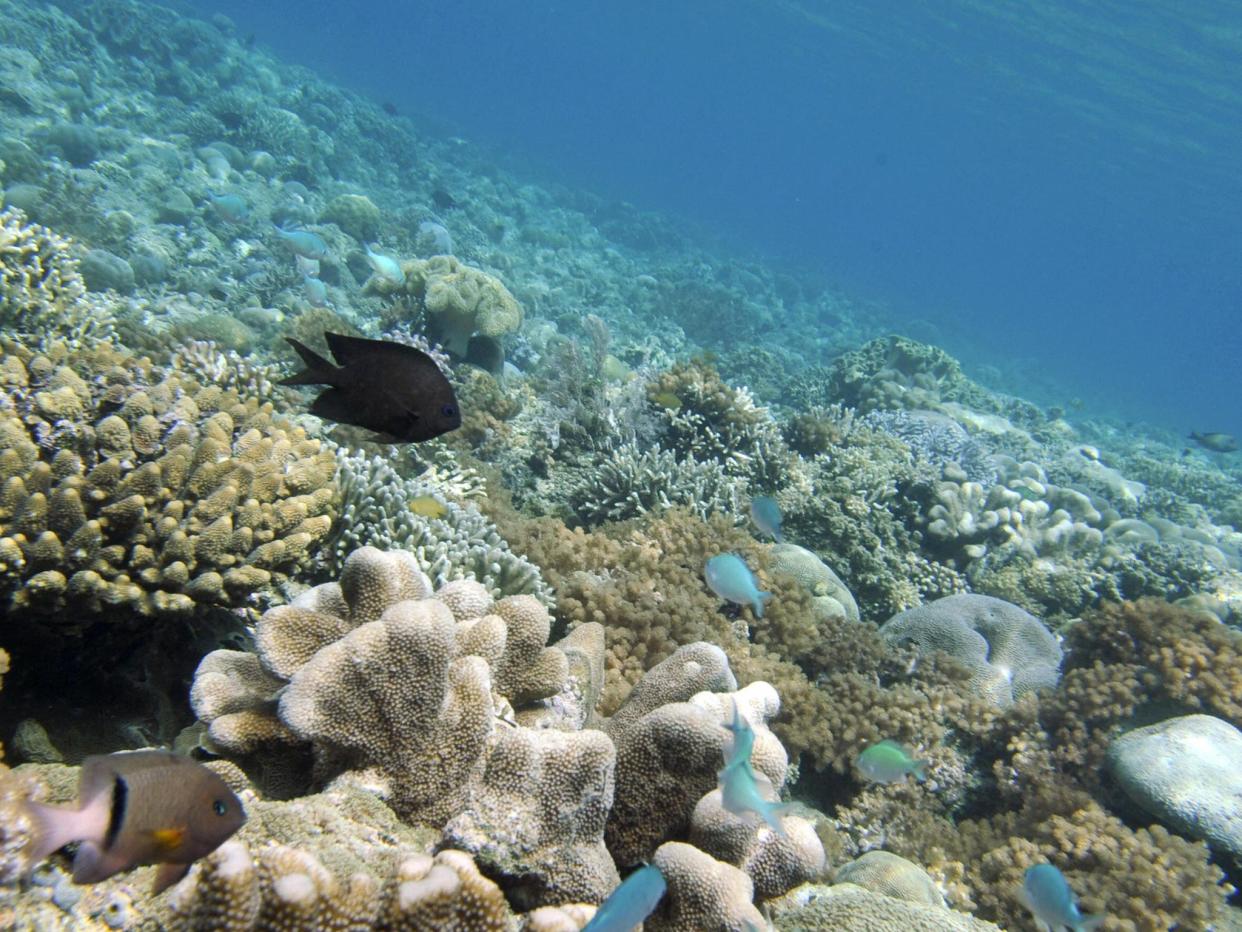Deep ocean will be warming rapidly by 2050 even if global emissions decline

The deep ocean will be warming rapidly by 2050 even if dramatic reductions in global greenhouse gas emissions were to happen today.
A new international study has analysed how ocean species are affected by climate change using "climate velocity" - which measures the speed at which marine life moves to seek out preferred temperatures as the ocean heats up.
Researchers calculated the climate velocity in the ocean over the past 50 years and then projected how it would change by 2100, using a number of climate models. The study compared climate velocity at four ocean depth zones and assessed which biodiversity shifted the most due to the impacts of climate change.
Climate velocity is currently twice as fast on the surface than in the deep ocean as it is warming more quickly. However by 2100, if nothing is done to dramatically curb emissions, the heat will also penetrate greater depths.
"This suggests that while mitigation could limit climate change threats for surface biodiversity, deep-ocean biodiversity faces an unavoidable escalation in climate velocities, most prominently in the mesopelagic (200–1,000 m)," the researchers found.
PhD student Isaac Brito-Morales, who led the study at the University of Queensland, said that at a depth of 200m and 1,000m, researchers discovered that climate velocities accelerated to 11 times the present rate.
“And in an interesting twist, not only is climate velocity moving at different speeds at different depths in the ocean, but also in different directions which poses huge challenges to the ways we design protected areas,” he said.
The study was published on Monday in the journal Nature Climate Change.
Although the researchers said that it was vital to take aggressive steps to curb emissions, some of the impacts on the deep ocean were inevitable.
Senior researcher UQ’s Professor Anthony Richardson said: “But because of the immense size and depth of the ocean, warming already absorbed at the ocean surface will mix into deeper waters.
“This means that marine life in the deep ocean will face escalating threats from ocean warming until the end of the century, no matter what we do now."
He said that along with tackling climate change, seabed mining and deep-sea bottom fishing had to be strictly controlled by creating large new protected areas for marine life at greater depths.
Read more
Dolphin named Mystique surprises visitors with ‘treasure’ from ocean
Microplastic ocean pollution could be double previous estimates
Thousands of tonnes of ocean microplastics blowing ashore every year
Climate change may kickstart a dormant El Niño system in Indian Ocean

 Yahoo News
Yahoo News 
